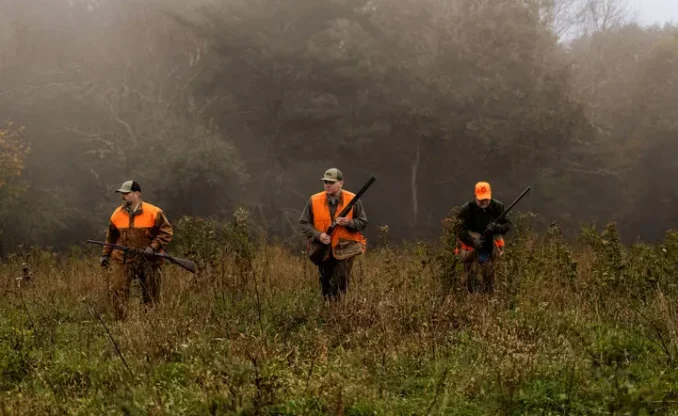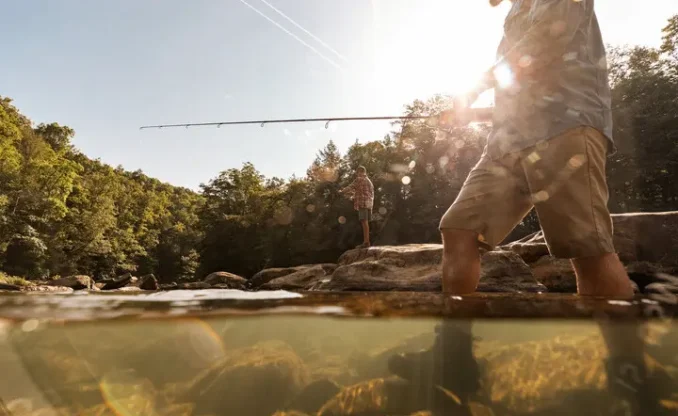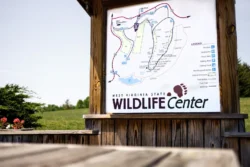News Release: July 7, 2021
SOUTH CHARLESTON, W.VA. — West Virginia’s annual hunting and trapping regulations summary is now available on the West Virginia Division of Natural Resources’ website and includes important changes to the state’s fall hunting seasons for white-tailed deer, wild turkey and black bear.
Download 2021-2022 Hunting and Trapping Regulations Summary
The publication, which can be downloaded at WVdnr.gov, will soon be available at hunting and fishing license agents and at the WVDNR’s headquarters in South Charleston, operations center in Elkins and district offices around the state.
“West Virginia offers many wonderful, wildlife-associated recreational opportunities and this year’s regulations are designed to improve the experience for hunters and trappers,” said WVDNR Director Stephen McDaniel. “With numerous changes in place this fall during the turkey, bear and deer seasons, I encourage folks to carefully review these new regulations as they prepare to go afield.”
Major changes to regulations for the 2021-2022 hunting seasons include:
- Black bear firearm seasons have been expanded.
- At the discretion of municipalities and homeowner associations, one bear may be taken during the Urban Deer/Bear Archery/Crossbow Split Season. A valid DS stamp is required to bear hunt, except for underage resident and resident landowners hunting on their own land.
- All adult deer harvested on Nov. 22-23, 2021, in Hampshire and Hardy counties, must be taken to a designated CWD sampling station for carcass examination and sampling. Refer to page 14 of the Regulations Summary for designated sampling station locations.
- One either sex wild turkey can be taken during the Mountaineer Heritage Season. Side-lock and flintlock muzzleloading shotguns, side-lock and flintlock muzzleloading rifles and pistols, and long and recurve bows are legal weapons for turkey during this season.
- Coyote hunting at night with artificial lights is legal on private property from Sept. 1 through Dec. 31, 2021, with the condition that the coyote hunter must notify the local natural resources police officer or DNR district office and provide the hunter’s name, landowner’s name, and hunting location during working hours for approval.
- The resident lifetime hunting, fishing and trapping licenses’ fee schedule has been changed for those who have not reached their 15th birthday.
- A three-year Sportsman License (Class X3) and a Sportsman License with trout stamp (Class XP) are available this year.
- Wildlife management areas on the national forests are managed at the county level for the antlerless deer season.
- The definition of bait now includes any non-edible facsimile of an edible enticement.
Additionally, hunters and trappers are reminded that they need to make sure their DNR ID account is updated with current information and password before going afield. Updates should be made at WVhunt.com and more information can be found here.
###



